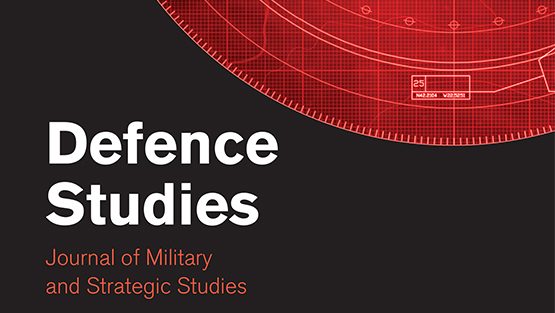Abstract: “This article analyses how Sweden has adapted to the worsened security situation in its vicinity following Russia’s illegal annexation of Crimea and war in Eastern Ukraine. The paper builds on security policy research focused on neoclassic realism and small state strategies in order to explore how the, broadly unknown, security policy from 2009 has been implemented in practice since 2014, through what observers call the “Hultqvist doctrine.” The aim is to bring clarity to how the Hultqvist doctrine best can be understood – as a non-aligned or an integration policy? – and how the strategy relates to both systemic forces and domestic circumstances. The paper addresses the puzzle posed by structural realism, that the systemic forces would work to encourage Sweden to align in face of the threat that emerged in 2014. Still, Sweden has resisted NATO membership. To this end, I construct and apply an analytical framework that not only reveals the degree of novelty in the doctrine, but also allows for an evaluation of integration in three dimensions – openness, inclusiveness and comprehensiveness – in combination with a screening dimension. Following neoclassical realism, the study furthermore identifies domestic conditions that hinder policy flexibility.”
